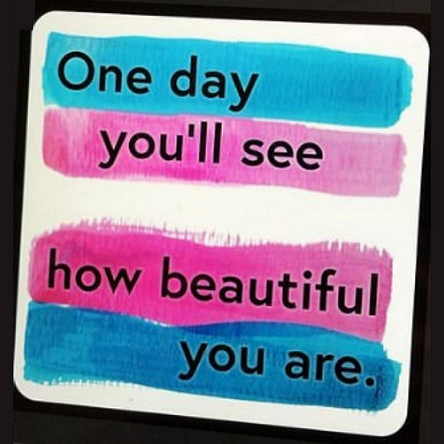by Mangala Kanayson

On the first day of Pride Month this year, the White House issued a proclamation on LGBTQ Pride Month while the governor of Florida signed a bill preventing some women from participating in women’s sports. The “Fairness in Women’s Sports Act” bans women and girls whose assigned sex does not match their gender identity from participating in women’s sports sponsored by public middle schools, high schools, and publicly funded colleges and universities. This year has already broken the record for state anti-transgender initiatives and lawmakers in Florida, Maine, Wisconsin, and South Carolina have pushed anti-transgender legislation all month long.
Policing the bodies of people of color, women, and minorities is nothing new to American policy. School and workplace dress codes, body shaming, hiring discrimination, and racism thinly veiled as “professionalism” permeate American culture. There is always some level of institutionalized repression when it comes to self-expression in formal social settings. Anti-transgender laws, however, do more than restrict self-expression. They exclude and alienate an entire identity and ultimately aim to criminalize the existence of an already marginalized group of people.
Institutionalizing discrimination against transgender people will exacerbate the harm already caused by a state that does not respond to their needs. Laws that exclude ‘populations’ based on gender identity enforce an obsolete and insufficient sorting tool and reduce complex individuals to the sex that they were assigned at birth. In addition to being exclusionary, laws intended to prevent transgender athletes from competing in accordance with their gender identity can actually make sports less safe for all participants by requiring invasive tests and information from all participants. Similarly, oft-sensationalized bathroom bans do not protect women and girls. As a 2018 UCLA study showed, ‘inclusion of gender identity in non-discrimination laws does not affect the number or frequency of criminal incidents in locker rooms, changing rooms, or restrooms.’ Trans-exclusionary lawmakers capitalize on sensationalized tales that vilify transgender youth, using the power of the state to destabilize rather than provide resilience to transgender people.
At their root, these bans are intended to enforce a gender binary and criminalize the existence of transgender Americans. Such bans seek to stigmatize and exclude transgender individuals from public life, further alienating a population that is already at a suicide risk several times greater than that of the larger U.S. population.
A responsive state should provide a basic level of resilience necessary to survive and thrive to all. Laws that categorize, alienate, and exclude a socially created group of individuals from the social resilience created by belonging are antithetical to that imperative. Rethinking how and why the state should use its power would impact the type of legislation that we wrote. Instead of focusing on punishing individuals for deviating from a specified norm, we could instead focus on responding to the human needs of all (including those who fall outside of normative identities) with the goal of fostering a measure of universal resilience. There is room to shift from a reactive, fear-based policy creation approach to one that instead aims to create a kinder world in which the state is an instrument of human flourishing.
Pride is, and always has been a protest. Unapologetic joy and visibility showcased at contemporary Pride events represent our refusal to be pushed back into the dark. As we approach the anniversary of Stonewall, let’s remember that the power of the state is rightfully ours to command. Our transgender brothers and sisters have a right to be heard, to live, and to flourish, and the state should protect and empower them.
You can keep track of anti-transgender legislation here and find contact information for U.S. state representatives here.